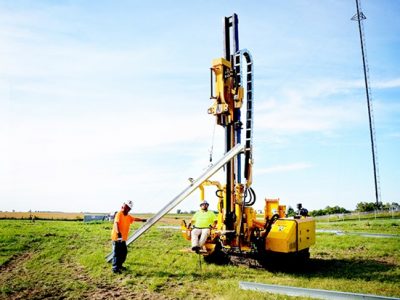When you are dealing with environmental regulations and laws, you cannot depend on knowledge gained from the internet. There are certain strict environmental standards, one of them being RoHS which stands for the Restriction on Hazardous Substances. It is one of the most important ones introduced by the European Union and was first passed in 2003.
According to the law, electronic product manufacturers are required to show that their products are free of certain chemical substances listed by the authorities. If you are an electronics manufacturer, you have probably worked hard toward building your business and do not want to make unintentional mistakes. That is why it is recommended to go through Enviropass ROHS compliance testing first.
FAQ about RoHS compliance
- What do you mean by RoHS compliance, and what does it entail?
If you own an electronic manufacturing company, you must check whether all your products are in compliance with the RoHS standards. According to RoHS compliance, ten chemicals have been, and there are certain chemicals that should only be in limited quantities. The names of the chemicals which have been banned include the following:
- Hexavalent chromium
- Mercury
- Cadmium
- Polybrominated diphenyl ethers
- Lead
- Polybrominated biphenyls
- Dibutyl phthalate
- Bis(2-ethylhexyl) phthalate
- Benzyl butyl phthalate
- Diisobutyl phthalate
- If you get a RoHS compliance certificate, how long does it stay valid?
A RoHS compliance certificate remains valid for five years from the date of issuance. It is important to get your company’s products verified for compliance by an accredited lab. Getting compliance testing done by a reputed agency will give you the confidence that your products meet the legal requirements.
- Are there any exemptions from the RoHS?
Yes, some product categories and applications are exempted from the RoHS standard compliance. The exemptions include military, renewable energy, industrial, scientific, and medical equipment. If your company makes equipment that you think might qualify for an exemption, you may check the official website for RoHS to read about different exemptions. You can also consult with an agency to confirm.
- What happens when restricted substances are found in equipment that your company makes?
Products that do not pass the compliance test must be taken off the shelves immediately, or else the owner faces legal penalties, including fines. The amount of the fine depends on how big the infraction is. In addition to paying the fines, the companies may have to pay for the compliance testing ordered by the government.












Comments